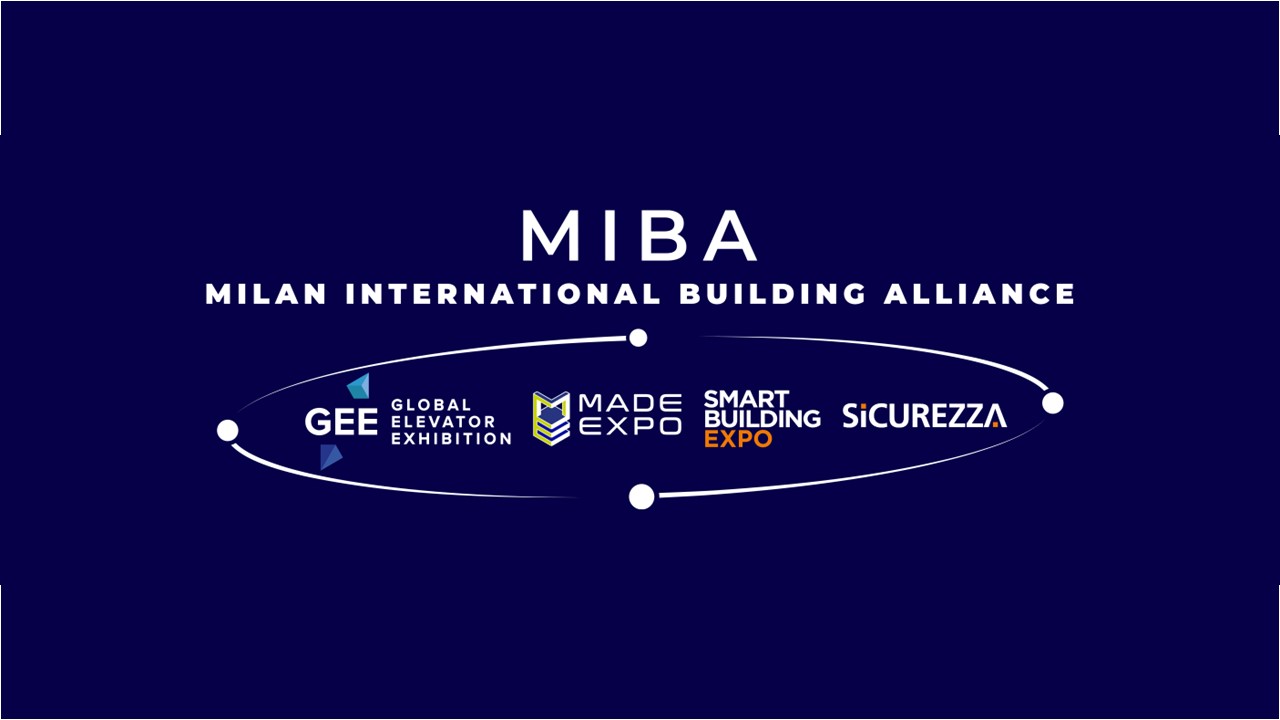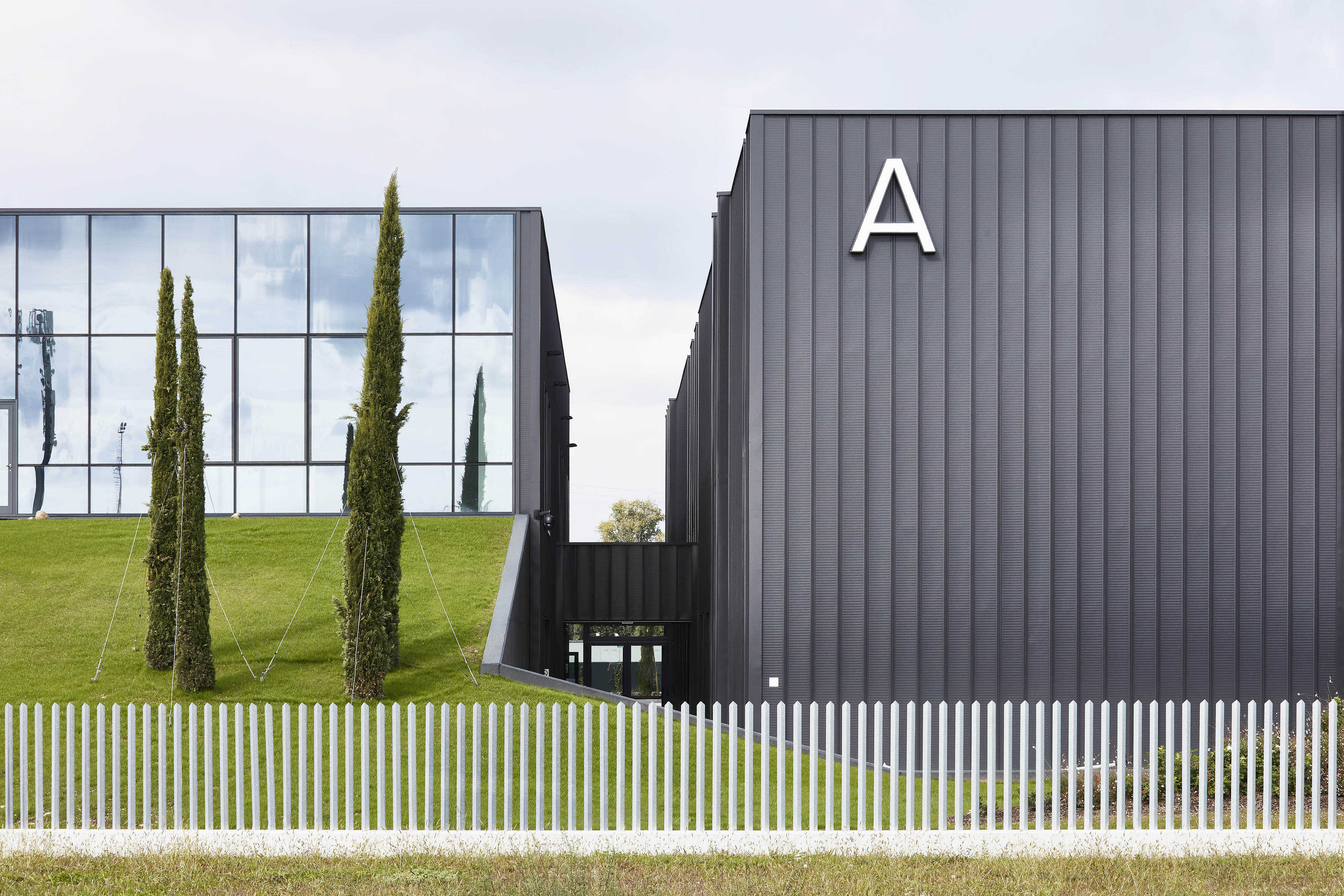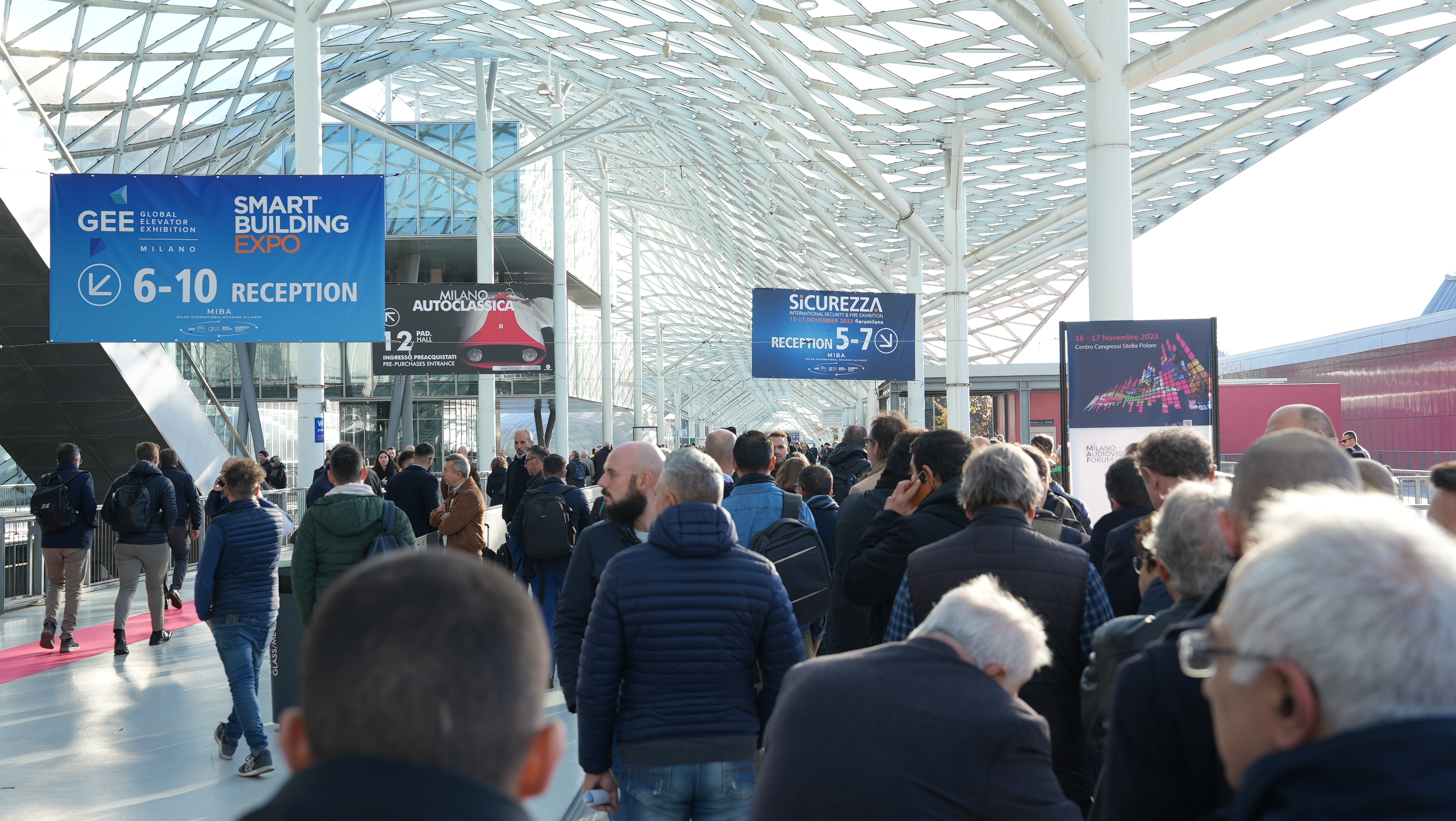The home and building automation market and, even more so, the smart cities technology market, have a very high rate of innovation. It is an unequivocal fact. New solutions follow one another at a rapid, almost syncopated pace, dragged along by an avant-garde patrol formed by agile start-ups constantly coming up with new solutions based on digital language, often incubated by those same technological giants which are dominating that market.
For a long time, and increasingly so in recent years, this world has always suffered from a misalignment between research and development activities, prototyping, production and marketing. There is a chronic delay, especially in the last phase, where the absorption of innovation is on average very slow and suffers first and foremost from cultural resistance.
Not even the final quality control system of the proposed solution escapes this rule, which often penalizes the manufacturer, who has to deal with “assemblies” that are not exactly “workmanlike” and with a lack of training for the end customer that trivializes the product.
In some “sensitive” areas, such as, first of all, security and safety, people have been taking remedial actions for a long time, requiring the certification in order to guarantee to the end customer the competences of professionals and of the final products, all through a market driven system: if you are not qualified, you are not installing my products.
In other cases, certification has been made compulsory by law, such as the now famous F-GAS certificates, and there’s no escape from that.
In other areas the debate is still revolving around the qualification to the profession as per the DL 37/08, with its famous "letters" that define the plant engineering field in which one is qualified to work; a qualification considered by some as a sufficient condition to carry out their activities, and by others as something certainly necessary but that nowadays is no longer sufficient to guarantee increasingly complex and highly specialized installations.
The confrontation between these opposing visions will be one of the major themes of SMART BUILDING EXPO 2021.
On the horizon, in fact, voluntary certification systems are appearing more and more frequently, both for the skills of those working in the field and for the technological solutions adopted and even for the buildings with which we must learn to come to terms: not least the SRI (Smart Readiness Indicator), promoted by the European Union, which will certainly have a significant impact on the real estate market.
Smart plants and buildings will therefore increasingly need to be matched by equally “smart” technicians, capable of mastering and appropriately using new technologies and, in this way, of significantly shortening the chronic “delay” between the production of innovation and its release to the market, as manufacturers are clamouring for.


.jpg)




